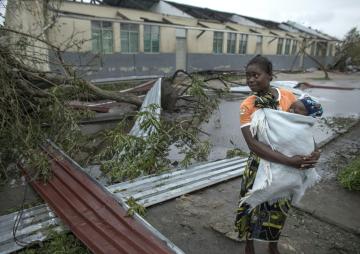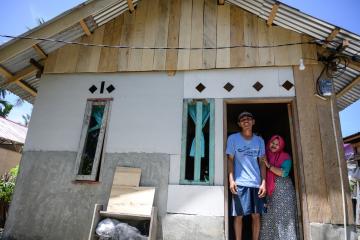
Six ways your donations are helping people affected by Cyclone Idai
Here are some of the ways the £41 million raised by the DEC's appeal is helping people across Mozambique, Malawi and Zimbabwe whose lives were devastated by Cyclone Idai.
15 August 2019
Here are some of the ways the £41 million raised by the DEC's appeal is helping people across Mozambique, Malawi and Zimbabwe whose lives were devastated by Cyclone Idai.
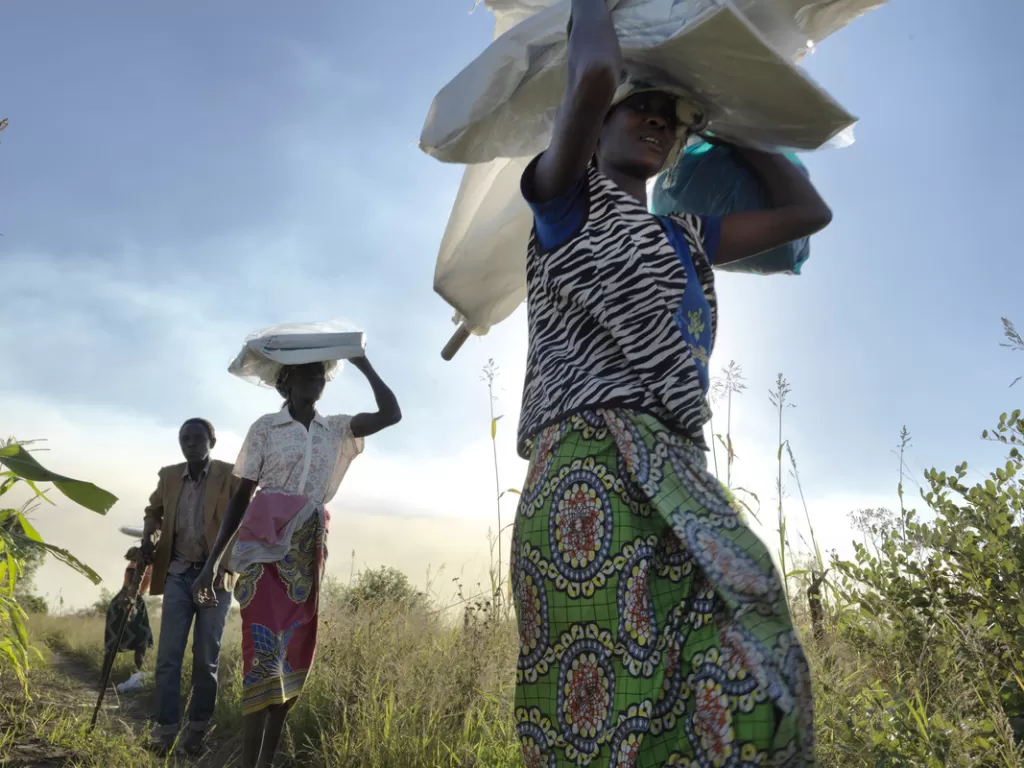
People carry tools and shelter materials after a distribution near Tica, Mozambique, three months after Cyclone Idai. Image: Peter Caton/DEC

People collect food aid at a distribution run by Islamic Relief in Malawi. Image: Islamic Relief
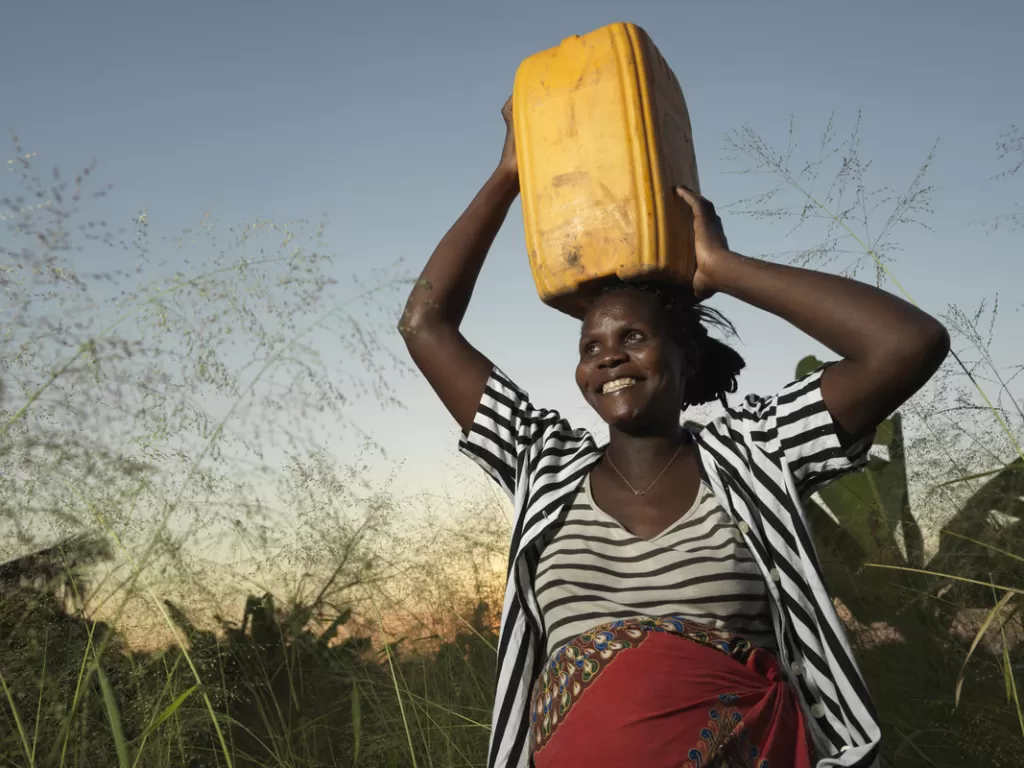
Tamara carries water from a waterpoint installed by World Vision near her house in Buzi, Mozambique which was completely flooded after the cyclone. Image: Peter Caton/DEC

Emergency shelter kits are unloaded from a truck near Beira, Mozambique, following Cyclone Idai. Image: Josh Estey/CARE

Children attend a Child-Friendly Space run by World Vision in Buzi, Mozambique following Cyclone Idai. Image: Peter Caton/DEC
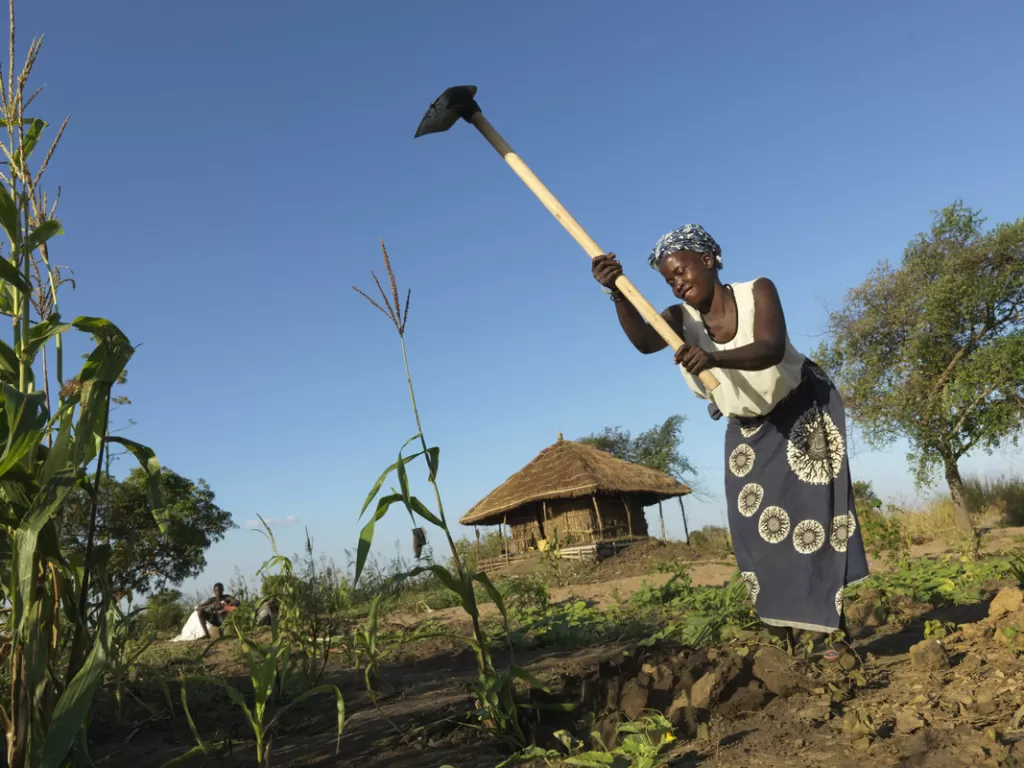
Luisa uses tools received from CAFOD to prepare her field for replanting. She spent four days in the treetops when floodwaters swept away her village. Image: Peter Caton/DEC
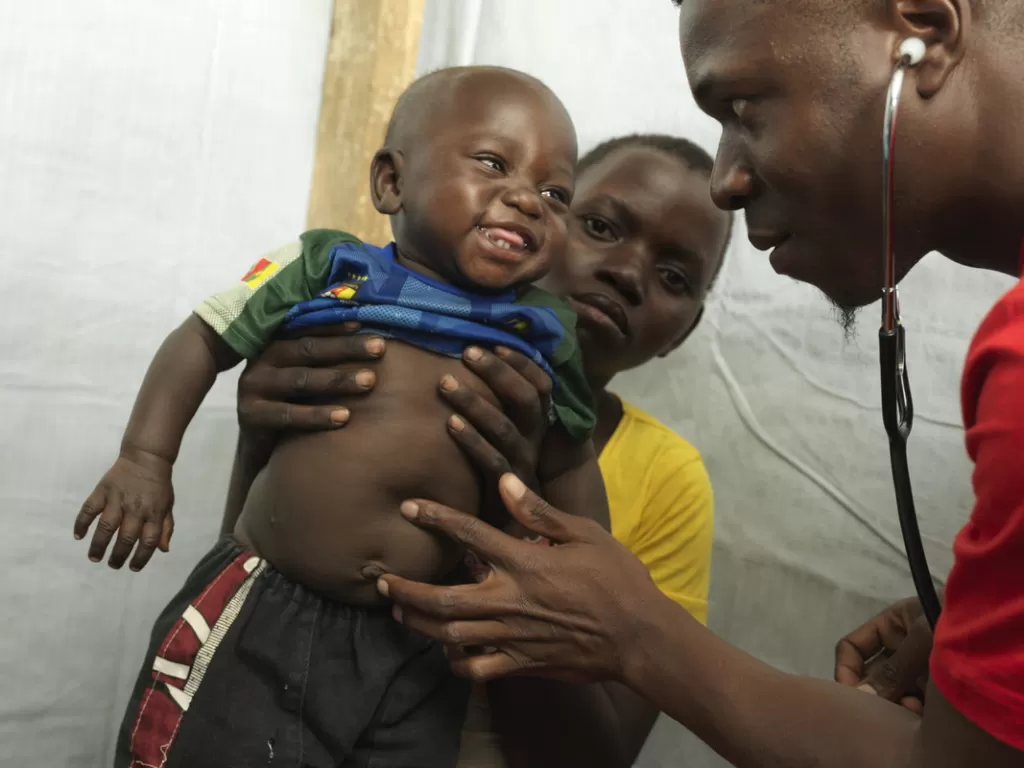
Alberto*, eight months, is examined at a Save the Children mobile health clinic in Mozambique. Image: Peter Caton/DEC
